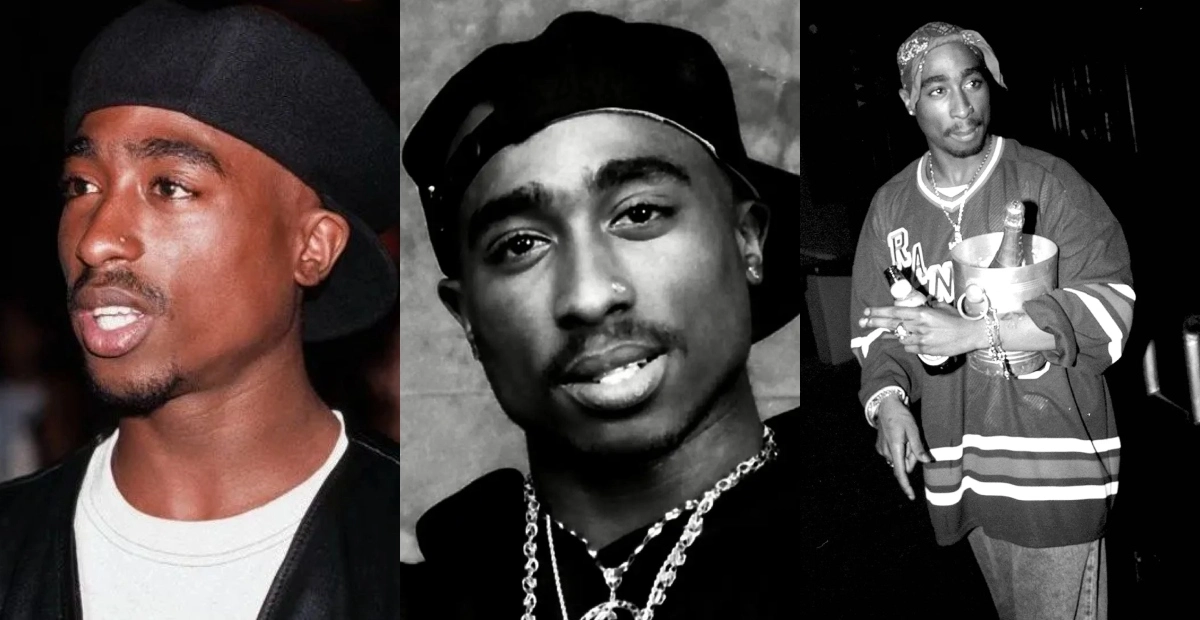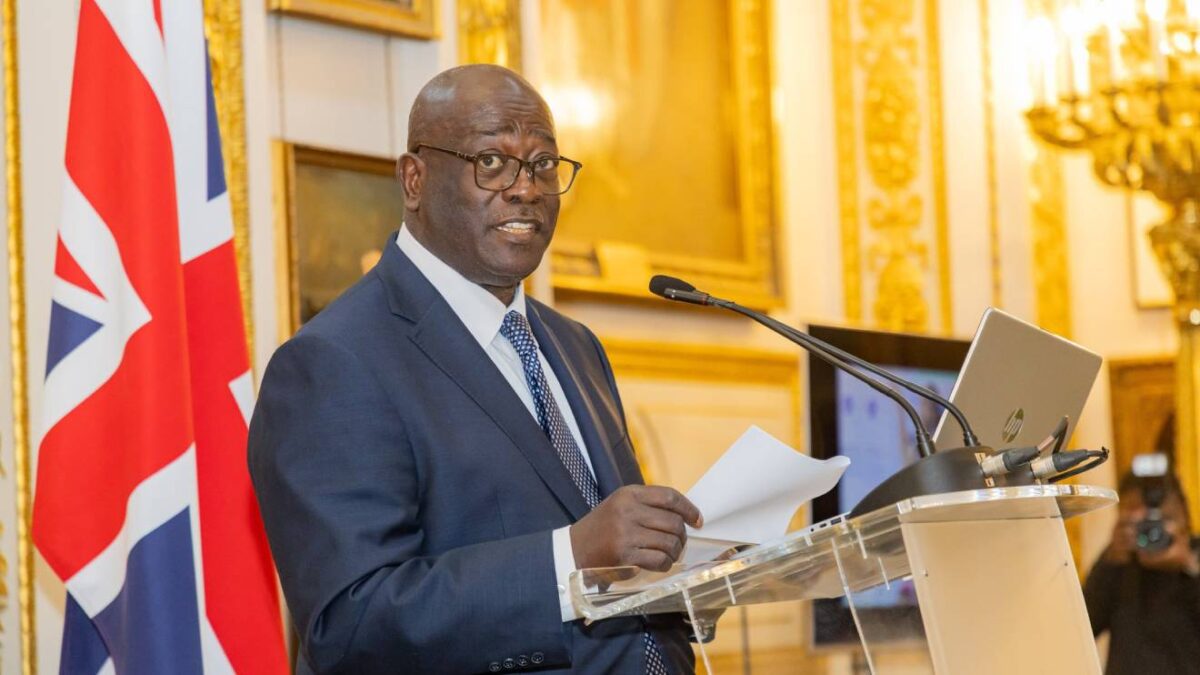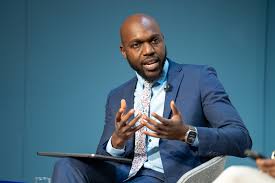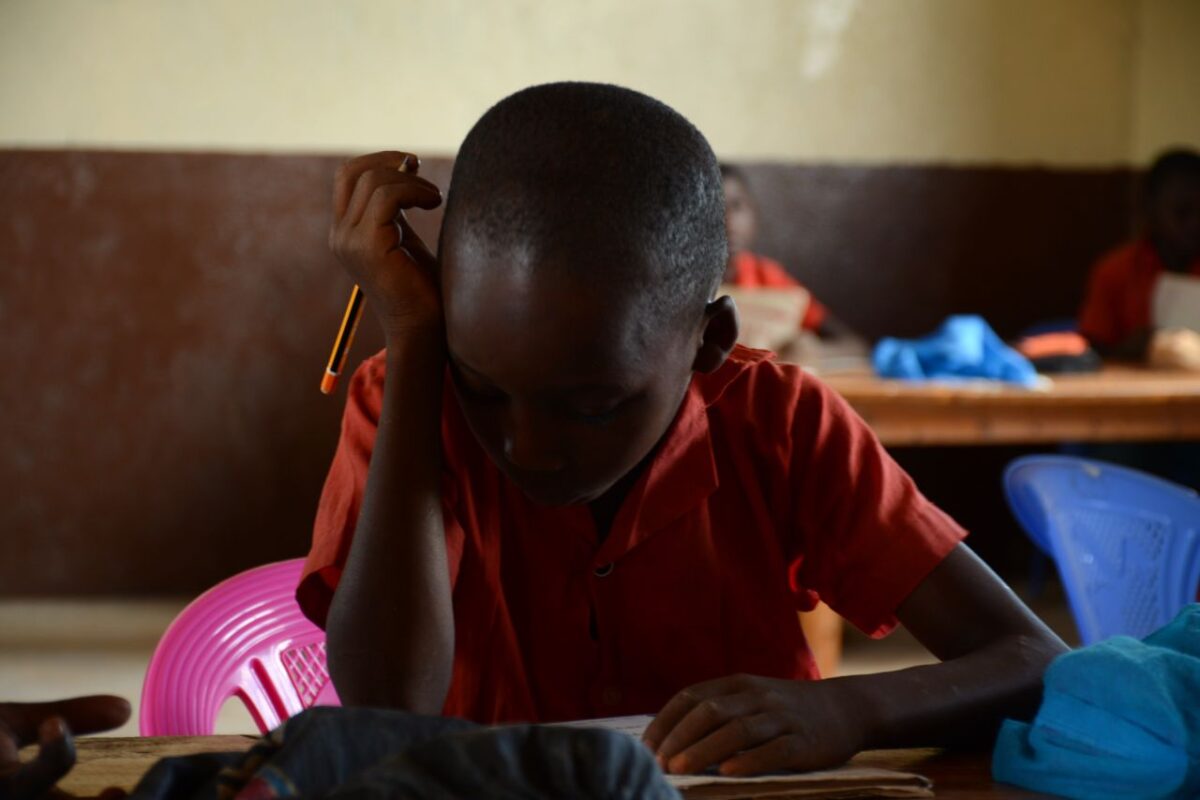In an interview with BBC, two-time Olympic champion Caster Semenya, aged 32, has declared her firm commitment to the fight against what she sees as discrimination against athletes with hyperandrogenism.
Born with differences of sexual development (DSD), Semenya faces tough regulations that require her to reduce her testosterone levels to compete in female track events. She is determined to “fight for what is right” and not conform “to be accepted.”
Read also: Gachagua Resolves Leadership Dead heat in Kiambu County
Semenya, who clinched Olympic gold in the 800m in both 2012 and 2016, and boasts a remarkable three-time world championship win over the same distance, discussed her journey and the importance of embracing her differences.
![Caster Semenya competing in the 800m heats in the 2012 Olympics in London. [Photo/Getty Images]](https://news.switchtv.ke/wp-content/uploads/2023/11/2236.webp)
She said, “I have realized I want to live my life and fight for what I think and I believe in myself. I know I am a woman and anything that comes along with it, just accept it.”
Semenya’s distress dates back to the 2018 regulations introduced by World Athletics, which restricted athletes with DSD from competing in female track events between 400m and the mile unless they reduced their testosterone levels.
In a March decision, World Athletics extended this requirement, mandating hormone-suppressing treatment for six months before DSD athletes can compete in all female events.
Caster Semenya’s fight for justice is not only about her but about ensuring that athletes with DSD are not denied the right to rely on their natural abilities. The European Court of Human Rights (ECHR) ruled in her favor in a case related to testosterone levels in female athletes, but this was not a judgment against sporting bodies or DSD rules.
The case was specifically against the Swiss government for not protecting Semenya’s rights, dating back to a Swiss Supreme Court ruling three years ago. It has now been referred to the Grand Chamber of the ECHR for a final ruling following the Swiss government’s referral request.
Semenya, who ran in the 5,000m at last year’s World Championships but failed to qualify for the final, emphasized that her unique medical condition does not define her as a woman.
She boldly said, “Those are the differences I was born with, and I will embrace them. I am not going to be ashamed because I am different. I am different and special, and I feel great about it.”
Caster Semenya has now shifted her focus from collecting medals to “fighting battles against the authorities,” with competing at the Paris 2024 Olympics no longer a goal.
She wants to empower women to have a voice and make their own choices, stating, “If we are woman enough or not, it is up to us. We know and believe in what is right, then why must we stop.”
Subscribe to Switch TV
Semenya’s commitment to this cause is resolute. She added, “My future is to fight injustice, fight for inclusivity and diversity. For me, I’m not going to allow leaders who come for selfish means into our business to destroy it. I’m about empowering women and making sure they have a voice.”
World Athletics, on the other hand, maintains that its regulations are essential to protect the integrity of the female category and ensure a level playing field for women in sports.




























